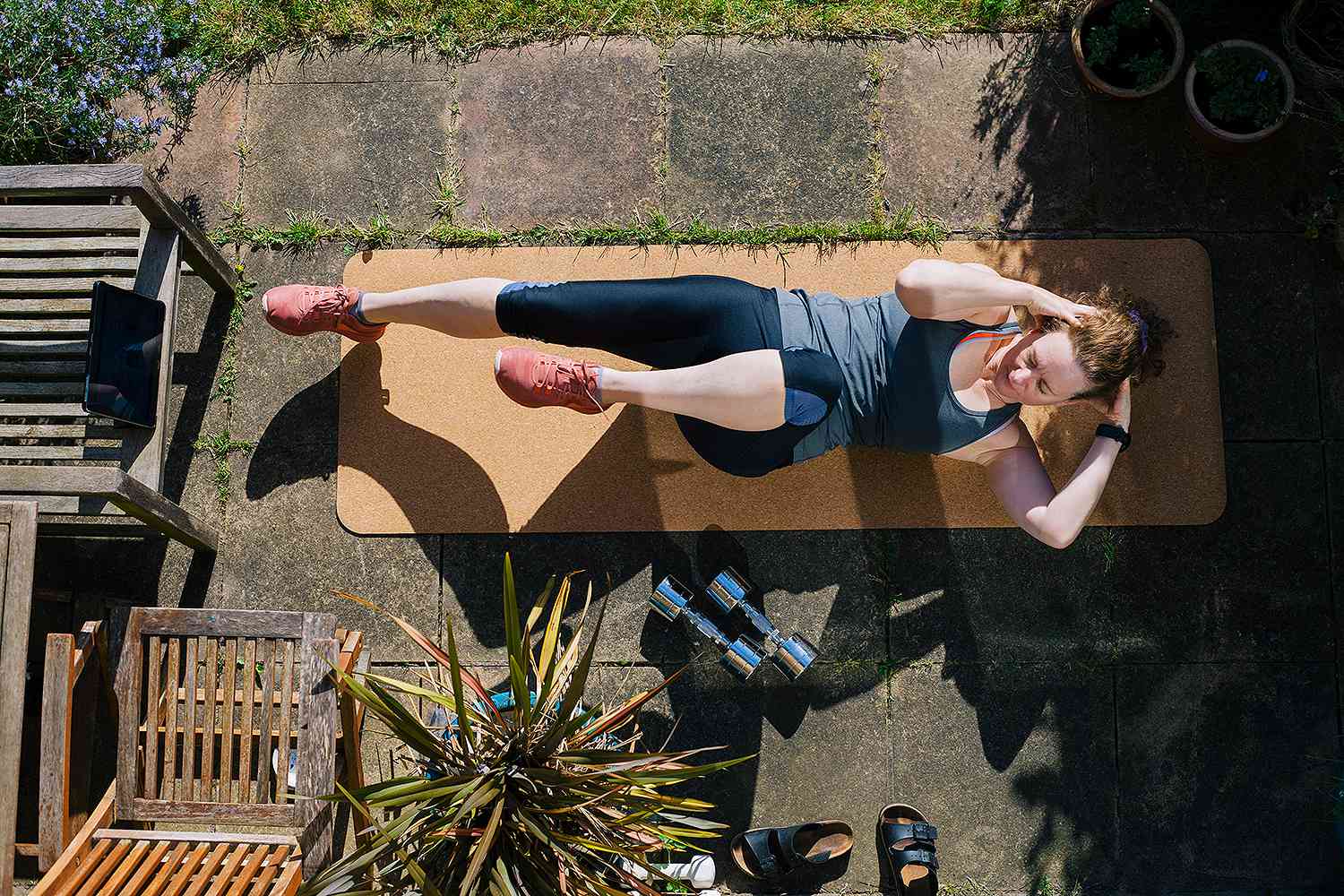Staying Active amid the Coronavirus Pandemic Can Help Manage Depression and Anxiety, Study Says

Although many people around the world are struggling with their mental health amid the coronavirus pandemic, staying active may help make stress and depression easier to manage.
A new study published earlier this month, which has yet to be peer-reviewed, monitored how changes in physical activity and screen time affected the mental health of over 3,000 adults in the United States during the early days of the global health crisis.
The volunteer participants, who were recruited via email and social media postings in early April, agreed to answer questions about their daily activity levels before and during the pandemic, as well as how many hours they spent in front of screens. The participants, who ranged in age from 18 to the mid-80s, were also asked about the current states of their mental health and their levels of isolation.
Although the results of the study are preliminary, researchers found that participants who had previously worked out for at least 2 ½ hours per week before the pandemic, but had since become inactive, were more likely to be depressed or stressed. Additionally, those who continued keeping their screen time limited to eight hours or less a day, had lower depressive symptoms and stress.
In analyzing the data, researchers found that people in self-isolation tend to deal with more depression and anxiety than those who practice social distancing.
Although the results of the study relied on participants answering questions based on their memories, the data showed that “decreased physical activity and increased screen time were consistently associated with poorer mental health.”
“Concerted efforts to maintain and enhance physical activity participation and limit screen time during pandemic-related public health restrictions are needed to mitigate short- and likely long-term mental health consequences,” researchers noted in the study.
Although lead author Jacob Meyer told The New York Times that “exercise is hardly going to fix everything,” the results of the study can still be an effective way to help those struggling with their mental health. “It can be one thing we have control over,” he added. “We can get up and move.”
Dr. Kevin Gilliland, a clinical psychologist and director of Innovation360, an outpatient resource center, and member of PEOPLE’s Health Squad, has also spoken about the importance of keeping up healthy habits.
“Focus on three key pillars of health: Sleep is power, food is fuel, movement is medicine,” he recently told PEOPLE, noting that in addition to staying active, it’s important to avoid boredom as much as possible.
“Boredom creates additional worry and anxiety,” he added. “It’s critical that we stay active physically and mentally. Mix it up physically — try new workouts, get outdoors, use apps for exercise — and mentally — watch TV or online learning, read a book, start painting. Don’t make the mistake of thinking that recommendations to stay away from people and large gatherings means that we have to stay in our rooms.”
As information about the coronavirus pandemic rapidly changes, PEOPLE is committed to providing the most recent data in our coverage. Some of the information in this story may have changed after publication. For the latest on COVID-19, readers are encouraged to use online resources from CDC, WHO, and local public health departments. PEOPLE has partnered with GoFundMe to raise money for the COVID-19 Relief Fund, a GoFundMe.org fundraiser to support everything from frontline responders to families in need, as well as organizations helping communities. For more information or to donate, click here.
Source: Read Full Article



